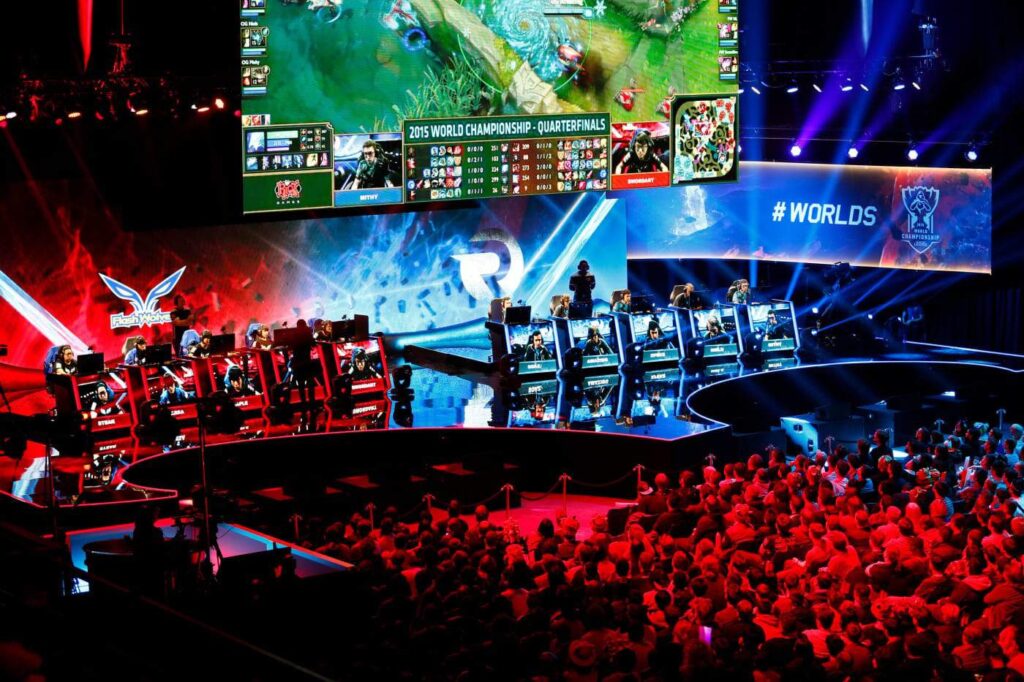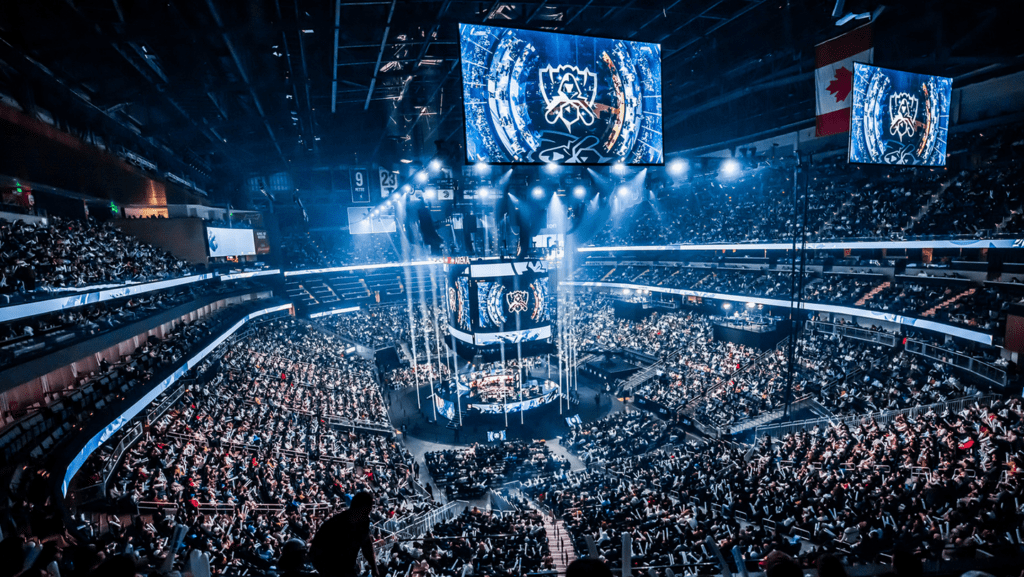This question has sparked heated debates for years. With the rise of competitive gaming – or eSports – the line between traditional sports and video games has become increasingly blurred.
While some still dismiss video games as a pastime, the organized competitions, global audiences, and professional athletes dedicated to gaming challenge this perspective. In this article, we will explore whether video games qualify as a sport, examining their similarities to traditional sports, the evolution of eSports, and the implications of this categorization.
By the end, you’ll have a deeper understanding of the arguments on both sides – and why the question is not just about semantics but about recognizing the cultural shift in how we define competition and athleticism.
The definition of a sport: a starting point
To determine if video games qualify as a sport, it’s essential to first understand what defines a sport. According to the Oxford Dictionary, a sport is “an activity involving physical exertion and skill in which an individual or team competes against another or others for entertainment.” Traditional sports like soccer, basketball, and tennis clearly fit this definition, with their physical demands and structured competitions.
However, the definition leaves room for interpretation. For instance, activities like chess and poker are often recognized as sports despite their limited physical exertion. This opens the door to consider whether video games, which require mental acuity, strategic thinking, and hand-eye coordination, might also fit under this umbrella.
So, are video games a sport? To us, yes; and the answer, as you’ll see, lies in how one prioritizes physical versus mental exertion and how society perceives competitive activities as a whole.
The rise of esports: competitive gaming takes center stage

The term eSports refers to organized, competitive video gaming. In the last two decades, eSports has grown into a global phenomenon, with tournaments like The International (for Dota 2), League of Legends World Championship, and Fortnite World Cup drawing millions of viewers. In fact, some eSports events rival or even surpass traditional sports in terms of viewership. For example, the 2019 League of Legends World Championship attracted over 100 million viewers – comparable to the Super Bowl.
Professional eSports players dedicate countless hours to training, much like athletes in traditional sports. They refine their skills, strategize with teams, and maintain rigorous schedules. Some even work with physical trainers and psychologists to ensure peak performance. This level of dedication is one of the strongest arguments for considering video games a sport.
Additionally, eSports competitions are structured similarly to traditional sports, with leagues, teams, sponsorships, and broadcasting deals. The infrastructure surrounding eSports mirrors that of established sports, further solidifying its case as a legitimate sporting activity.
The physical and mental demands of eSports
One of the key arguments in favor of video games as a sport is the rigorous physical and mental demands that professional gamers endure. Top-tier esports athletes train for hours daily, honing their skills, reflexes, and strategic thinking. They often face intense pressure in high-stakes competitions, requiring exceptional focus, hand-eye coordination, and problem-solving abilities.
The physical toll of professional gaming is often underestimated. Long hours spent sitting in front of a computer can lead to various health issues, including repetitive strain injuries, poor posture, and eye strain. To mitigate these risks, many professional gamers invest in ergonomic equipment, regular exercise, and proper nutrition.
The competitive nature of eSports
We must then consider that eSports competitions are characterized by their intense competition, strategic depth, and global reach. Teams and individual players battle it out for glory, fame, and substantial prize pools. The competitive nature of eSports, coupled with the intricate strategies and tactics involved, aligns with the core principles of traditional sports.
Furthermore, the rise of esports leagues and organizations has brought a sense of structure and professionalism to the industry. These leagues establish rules, regulations, and standardized formats for competitions, fostering a competitive environment that resembles traditional sports leagues.
Critics often argue that video games lack the physical exertion required to be considered a sport. However, this perspective overlooks the physical demands specific to gaming. Professional players require exceptional hand-eye coordination, reaction time, and fine motor skills. In games like Overwatch or Counter-Strike: Global Offensive, split-second decisions can mean the difference between victory and defeat, placing immense physical and mental demands on players.
Given these similarities, video games are a sport in the common sense of the word – and the question becomes less about physicality and more about recognizing the unique athleticism that gaming demands.
Recognition on a global scale
The growing recognition of video games as a sport extends beyond fans and players. Organizations like the International Olympic Committee (IOC) have begun to take notice. While eSports has not yet been included in the Olympics, discussions about its inclusion are ongoing. In 2021, the IOC hosted the Olympic Virtual Series, a significant step toward integrating competitive gaming into the broader sports community.
Countries like South Korea, a global leader in eSports, have gone even further, granting professional players the same status as traditional athletes. This recognition enables players to obtain athlete visas for international competitions, a privilege usually reserved for traditional sports professionals.

So – are video games a sport?
The debate surrounding goes beyond definitions; it reflects society’s evolving view of competition. While video games may lack the same physical exertion as traditional sports, they demand extraordinary skill, strategic thinking, and unwavering dedication – qualities shared with any athletic discipline. The rapid rise of eSports, its professionalization, and increasing global recognition make a strong case for including video games within the broader scope of sports.
Critics may argue that gaming isn’t as physically demanding as traditional sports, but this perspective overlooks the unique mental and physical precision required in eSports. As the industry continues to grow, gaining fans, players, and institutional support, the line between traditional and digital athletics becomes increasingly blurred.
The answer is clear: yes. They embody the core principles of competition, skill, and passion, albeit in a modern and innovative format. As eSports matures and captivates larger audiences, it redefines what it means to compete and achieve excellence on a global stage.
If you’re passionate about video games and want to take your vision to the next level, Main Leaf can help. Whether you’re looking to create an immersive game or step into the world of competitive gaming, our team has the expertise to turn your ideas into reality. Reach out today, and let’s build the future of gaming together.

